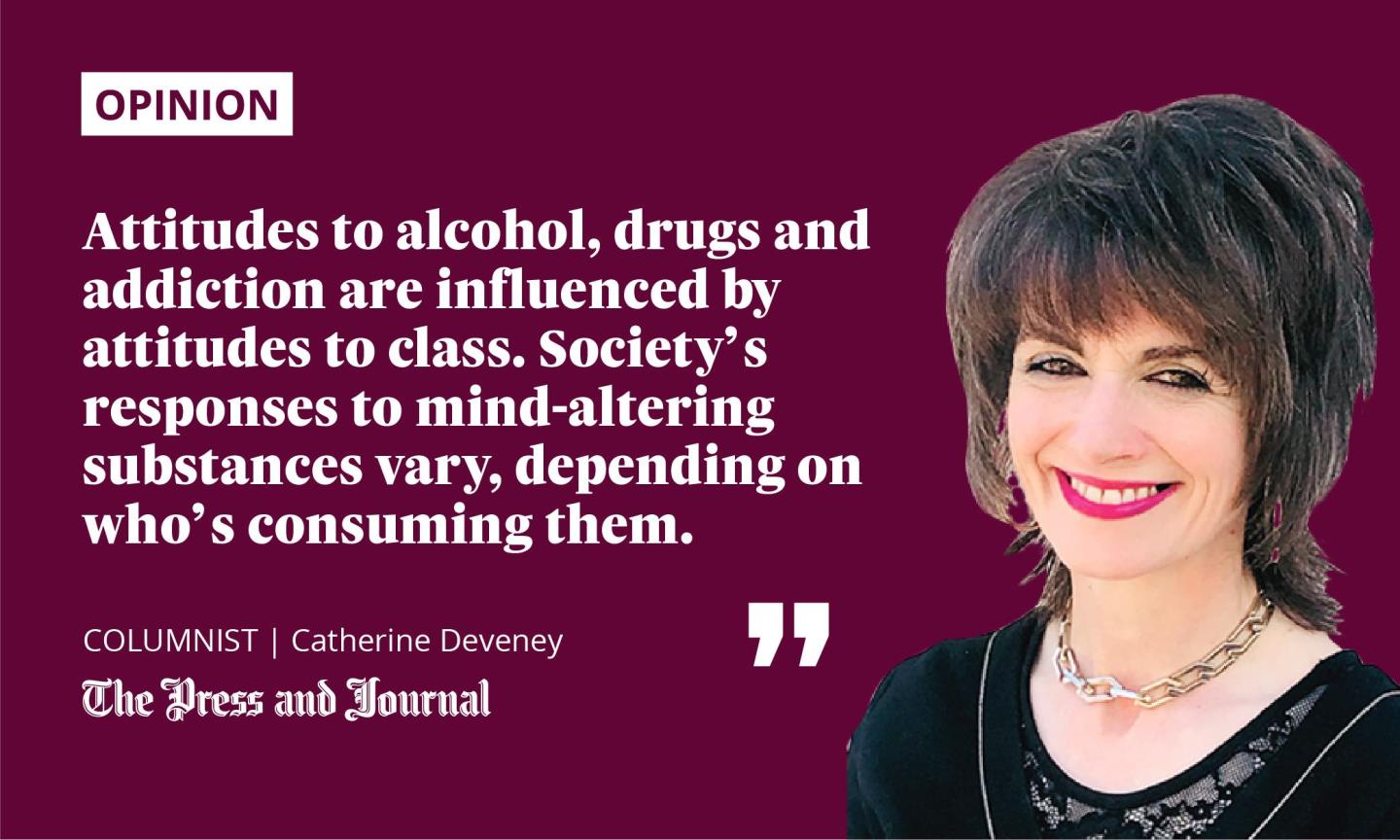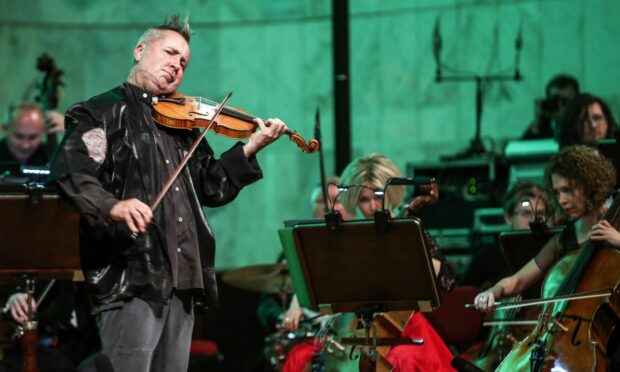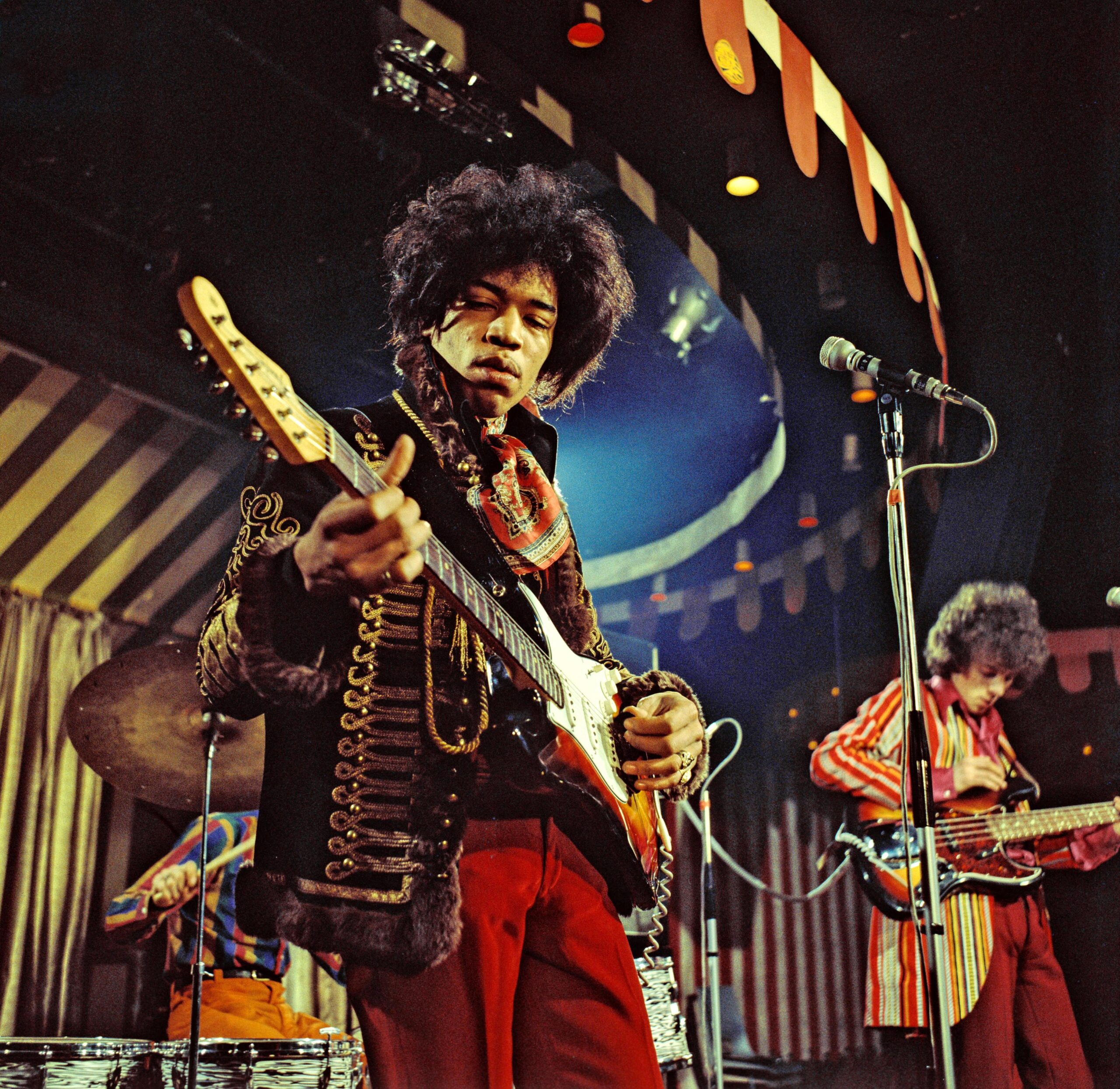The once “enfant terrible” of classical music, Nigel Kennedy, is more terrible than enfant these days, given that he’s now 64.
The world-famous violinist, once a boy prodigy who attended the Yehudi Menuhin School aged just seven, has always been the geezer of the concert hall, rolling up with spiky hair, dressed in satin smoking jackets and builder’s boots instead of penguin suits and bow ties.

This week, he consolidated his proletariat status after pulling out of a Classic FM concert because they pressured him to play Vivaldi’s Four Seasons. Kennedy wanted to play Jimi Hendrix.
“This is musical segregation,” Kennedy raged, renaming the radio station “Jurassic FM”.
“If it was applied to people, it would be illegal. If that type of mentality is rampant in the arts, then we still haven’t fixed the problem of prejudice… They’re effectively saying that Hendrix is all right in the Marquee Club, but not in the Albert Hall.”
Does some genres hold more merit than others?
There is something refreshing about the closed doors of some fusty old club being kicked open to allow the influx of new people and new ideas. Kennedy is the teen ned who aged but never grew up, the bovver boy who made the establishment grit their teeth but who could never be dismissed because he was just so talented. He made classicism hip. His recording of The Four Seasons in 1989 sold over three million records and topped the classical charts for a whole year.
Kennedy’s Hendrix stance makes a serious point. Who are this creative hierarchy who decide the relative merits of one genre against another? Or decide, as they have recently, that politician Nadine Dorries is too unsophisticated to be arts minister?
Frankly, I’ve never knowingly defended a Tory minister in my life and, like Kennedy, I’d rather nurture my rebellion than drop it gracefully with age, but Dorries sells novels by the bucketload.
The illustrious members of the Institute for the Intellectually Snotty, however – most of whom have never written anything other than a shopping list for Waitrose – know that if something sells, particularly to women as Dorries’ work does, it’s guaranteed rubbish. Dorries may not be my cup of tea politically or creatively, but to write a best-selling novel requires a real talent for narrative.
“Truthfully, the arts are not just a matter of personal taste but also a matter of the period you were born into, of social class, and of opportunity, as well as objective creative standards
Other art forms operate similarly closed shops. I once interviewed Jack Vettriano, whose paintings have sold in the millions but who is dismissed by the art establishment. Vettriano was the son of a miner and he didn’t go to art school. He taught himself, which gave him self-admitted flaws, but also unique attributes.
One art critic said he was welcome to paint as long as nobody took him seriously. “They’re trying to kill my spirit,” Vettriano observed when we discussed the comment, “And I think that is not on.”
Those who truly love music love to experiment
Kennedy considers Jimi Hendrix, along with Stravinsky and Duke Ellington, among the most important composers of the 20th century. Truthfully, the arts are not just a matter of personal taste but also a matter of the period you were born into, of social class, and of opportunity, as well as objective creative standards.
Yet, sometimes, it’s as if the intelligentsia stand inside the beautiful drawing room ticking off the acceptable guest list while the ragamuffins gaze through the window at the fine ladies and gentlemen – gawd bless ’em.
Kennedy is the party gate-crasher who is holding the door open for others to follow. But there is an even more important point here and it’s about education.
Classic FM say the concert’s music must be “to the taste” of their usual audience. Surely, if you feed constantly on the same restricted diet, you forego growth and development? I might occasionally like to substitute lunch for chocolate cake and double cream, but if you feed me it at every meal, I’ll eventually be nauseated. I’ll crave a little salt with my sugar.
Watching a video of Kennedy previously playing Hendrix, I can’t say I instantly loved it, but I was struck by the seemingly grey-haired traditionalists in the orchestra playing their instruments with joyous smiles. Looked like they were having a ball.
Those who truly love music, who truly appreciate creativity, love more than the prescribed list. They experiment.
According to Classic FM’s pronouncements, it would seem that what is important creatively is tradition. If you like Vivaldi, you can’t like Hendrix. According to Kennedy, who once confessed he thought Mozart sounded like elevator music until he found a personal angle, what is important creatively is what is in your heart. Go Nigel.
Catherine Deveney is an award-winning investigative journalist, novelist and television presenter

